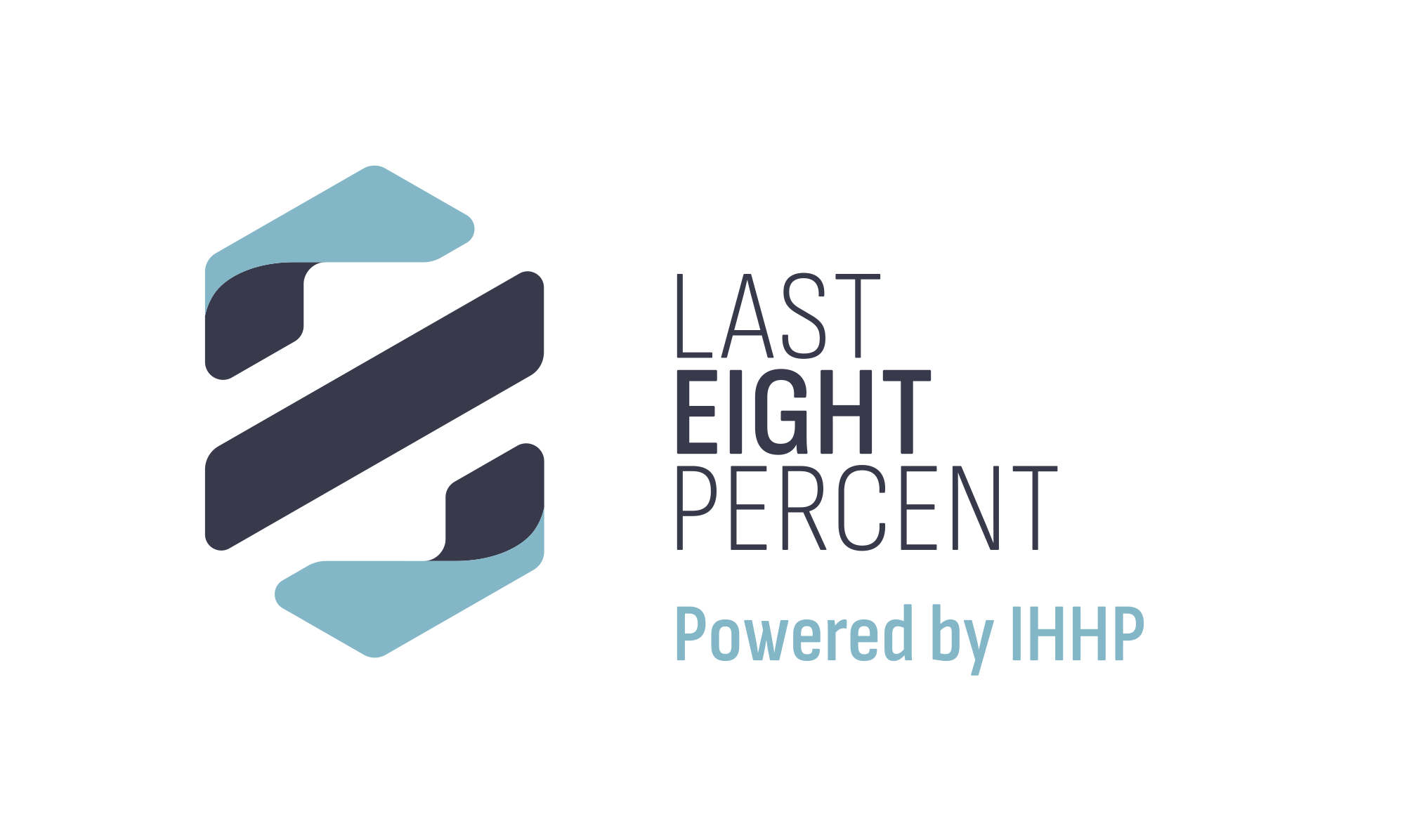Last week I had the honor of delivering our Science of Emotional Intelligence training to a group of experienced surgeons and physicians. When I told people I was going to be doing this, I realized a lot of people have the wrong impression about surgeons and doctors. I got a number of interesting reactions, that included:
- OMG, I feel so bad for you
- Are you sure that’s a good idea?
- You must be so nervous!
- I have a good psychotherapist I can recommend for the trauma you will surely experience
I understand it’s hard to imagine that people in positions that rely heavily on knowledge, IQ, education and technical skills would be open to something that sounds as soft and squishy as Emotional Intelligence. Well, I have to tell you, the surgeons and physicians were amazing students! Here is what I experienced with them:
- They are incredibly caring people, who’ve spent their life in the service of others.
- They are passionate about making a difference for people and improving their health.
- As in any audience, some were skeptical about the positive impact of Emotional Intelligence in their work. For any of those I had in the room, I shared a research study that demonstrated that Surgeons who are high in empathy and impulse control, get sued less often. You can bet they paid attention after that!
- Doctors share many of the same challenges as everyone else. Here is what we flip charted as the challenges they face:
- Inspiring and engaging staff
- Not being triggered by negative emotions
- Managing staff when they make mistakes
- Saying “no” to patients
- Work/life balance
- Public speaking
- Time constraints
Do any of these challenges sound familiar to you in your role?
Exceptional Physicians Exercise
We did an exercise called “Exceptional” physician. I had the surgeons and doctors identify the qualities and characteristics that made a physician exceptional. Then I had them identify them as being about the person’s IQ, Technical Skills or EQ. Now don’t worry, we are not saying IQ and Technical skills don’t matter. They are threshold competencies. You want your surgeons to be high in IQ and technical skills, right?! But once you get over the threshold for IQ and Tech skills, getting more does not differentiate performance. This exercise demonstrates that it’s Emotional Intelligence that makes the difference to being an exceptional surgeon and doctor.
They loved the Science of Emotions
Once they realized how important EQ was for their careers (and personal lives), they wanted to gain insight into what was happening in their brain when they are under pressure. As a guy with degrees in Mathematics and Computer science, the brain science of emotions was the part that resonated with me too. Once they understood what was happening to their emotional brains when they are under pressure, I shared strategies to calm their emotions when they get triggered. We had discussions about applying emotional management techniques in both their work and personal lives.
What was the feedback on the training?
Here are two pretty good indicators on how the training went:
- From the evaluations: “95% of the physicians felt that their level of knowledge and skill improved as a result of the training”
- I’ve been asked back to work with them again!
If you work at a hospital (or any place with highly analytical people) and you think your physicians and surgeons would benefit from Emotional Intelligence training, I can tell you they will be an open and engaged group who want nothing more than to learn how they can be better personal leaders so they can serve their patients to the best of their ability.
 Bill Benjamin is a training and leadership expert at the Institute for Health and Human Potential and a contributor to the New York Times best-selling book Performing Under Pressure. Bill is a highly sought-after speaker on the topics of emotional intelligence and performing under pressure, and is a co-author of IHHP’s Women Under Pressure white paper. Bill works with people in many high-pressure environments, including Intel, Goldman Sachs, the U.S. Marines and Surgeons
Bill Benjamin is a training and leadership expert at the Institute for Health and Human Potential and a contributor to the New York Times best-selling book Performing Under Pressure. Bill is a highly sought-after speaker on the topics of emotional intelligence and performing under pressure, and is a co-author of IHHP’s Women Under Pressure white paper. Bill works with people in many high-pressure environments, including Intel, Goldman Sachs, the U.S. Marines and Surgeons

